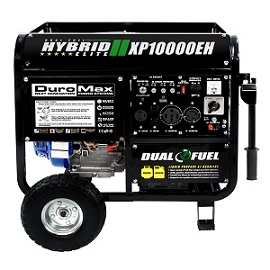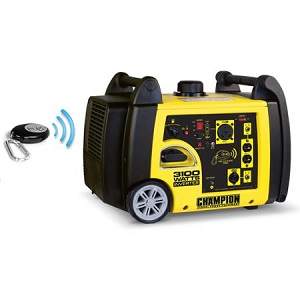Gas Tractor Vs. Diesel Tractor
There are many different reasons as to why a diesel compact tractor is superior to a gasoline garden tractor.
First of all, the diesel engine doesn’t have the parts that normally wear out or give problems. There are no spark plugs, rotors, points, or distributor caps like the garden tractor. There is no carburetor either, that will gum up and be hard to start after being stored for a long period of time. Diesel engines can be stored for long periods of time and still start right up.
Secondly, diesel engines in most tractors are water cooled. This will allow the engine to run at a more consistent and cooler temperature, which will extend the life of the engine. The typical properly maintained diesel engine can run thousands of hours
without breaking a sweat – and without having to be rebuilt.
Diesel engines will also make more power. Even though gasoline tractors may be a little quicker to start with, they can’t begin to match the power and raw torque that diesel engines offer.
Another reason why diesel tractors are better than gas is the available attachments. Most gasoline tractors are equipped with a belly mower and don’t normally have a three point hitch. This will severely limit the type of implements that you can use and
also limit the tractors expandability.
Most blades and scoop implements won’t work with a gasoline tractor. The drive train will also limit the type of implement you can use with a garden tractor. The typical gasoline garden tractor is belt driven, while a belt drive won’t pull as much load as a diesel powered tractor. You would probably not be able to use a box blade or tiller either with the average gasoline powered tractor.
Diesel Fuel Quality
The designs of diesel engines striving to increase performance have made a lot of advancements in engine fuel delivery to the combustion chamber. The diesel engines of today are much quieter, smoother, and also more powerful. The quality of diesel fuel on the other hand has not advanced at the same rate as the improvements of engines.
As soon as it is produced, diesel fuel begins to deteriorate. Less than 30 days of refining, all diesel fuel, regardless of the brand, goes through a natural process called oxidation. This process forms varnishes and gums in the fuel by causing the
molecules of the fuel to lengthen and start bonding together.
Now, these components will drop to the bottom of the fuel tank and form diesel sludge. The fuel will begin to turn very dark in color, smell bad, and cause the engine to smoke. The engine starts to smoke as some of these clusters are small enough to
pass through the engine filtration and on to the combustion chamber.
As the clusters begin to increase in size, only a small amount of the molecules will get burned, as the rest will go out the exhaust as unburned fuel and smoke.
Its estimated that eight out of every ten diesel engine failures are directly related to poor quality and contaminated fuel. The build up of contamination in the fuel systems and storage tanks can clog filters, thereby causing the engine to shut down,
and damage to the engine to occur.
The number one reason for bad fuel is due to the increasing popularity of diesel power and the accompanying increased demand for more diesel fuel. Long ago, diesel fuel remained in the refinery storage tanks long enough to naturally separate and begin to settle, allowing the clean fuel to be drawn apart. Now, with the demand getting higher than ever, the fuel is never stationary long enough to settle, and the suspended water and solids are passed on to the person buying the fuel – you.
The changes in refinery techniques is also a problem. In order to get more products, diesel fuel is being refined for more marginal portions of the crude barrel. This results in a lower grade product that is thicker and also contains a lot more contamination.
As time continues to pass and technology gets better and better, one can only hope that the quality of diesel fuel improves. As it stands now, the quality isn’t good at all. If you run diesel fuel, all you can basically hope for is that the fuel you
are getting isn’t contaminated.
Browse Additional Quiet, Compact Portable Generators for Job Site, Home Power Outage, Camping, RV Standby
Find Quiet Small Portable Generators for Job Site, Home, Camping, RV, Power Outage

